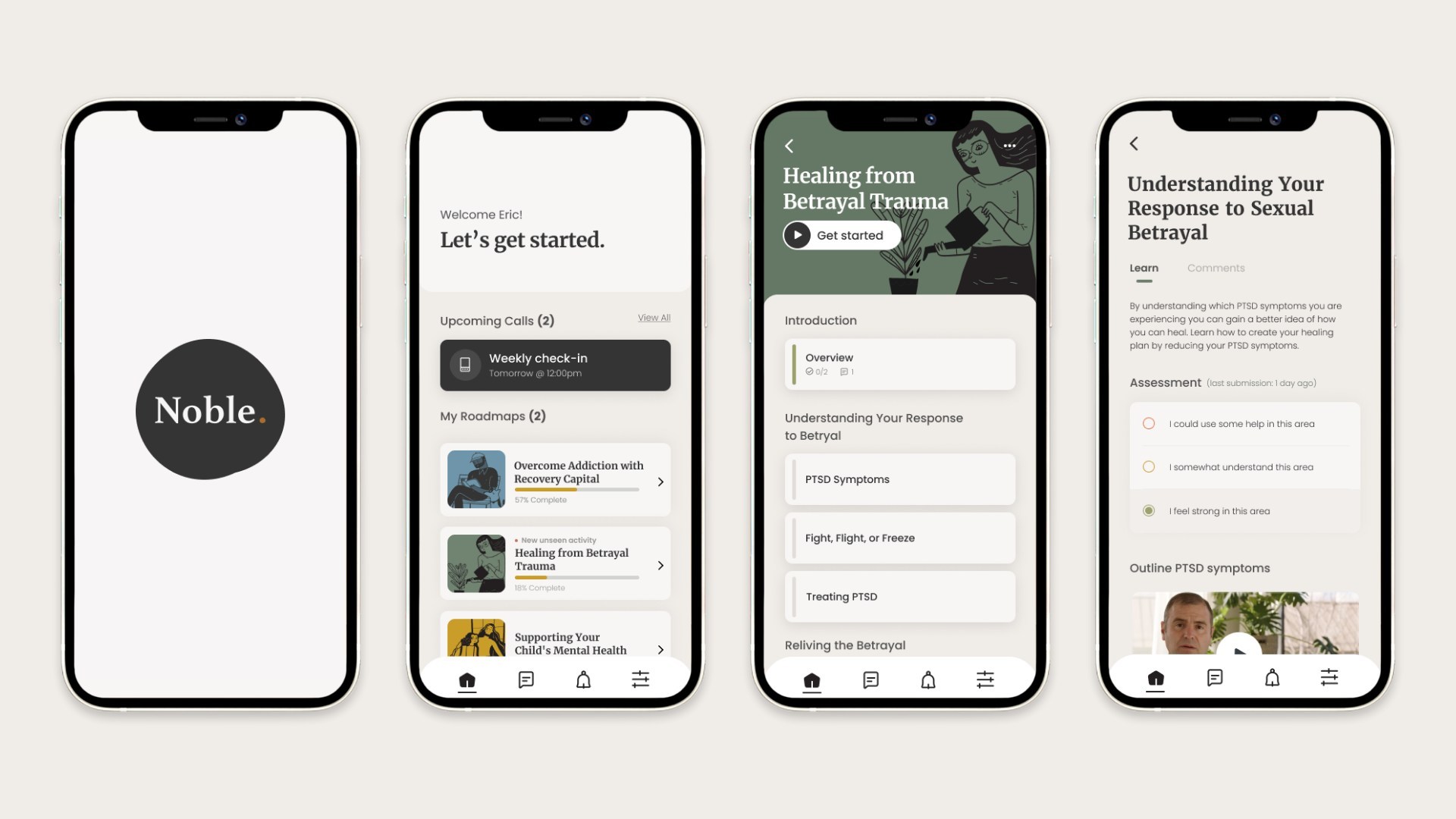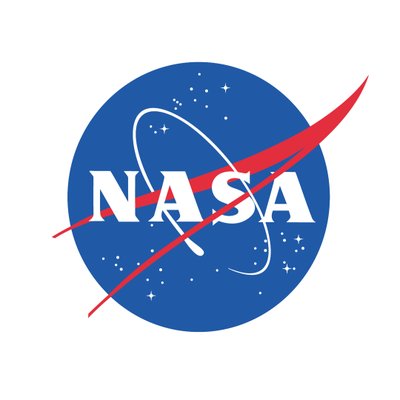Pela Closes the Loop on Plastic Waste with new Responsibility Economy™

KELOWNA, BC, Jan 7, 2020 /PRNewswire/ – Imagine if every company took responsibility for their products. From beginning to end and back again, in a balanced cycle like nature. A Canadian-based, sustainable company does exactly that with their compostable products. Pela has been creating a waste-free future since 2011. Now, they are taking responsibility for other companies’ plastic waste, in addition to their own products, with their new program called Pela 360 and plan to lead the way in the Responsibility Economy™.
“Taking responsibility for our products through their entire life cycle is one of the most sustainable things we can do as a company,” said Pela VP of Sustainability, Jeremy Lang. “It creates the shift away from a linear economy and toward a low-carbon emitting, sustainable and regenerative circular economy.”
More than 1.5 billion phone cases are discarded each year – a majority of which are made with conventional plastic. By now, most of us know that we have a problem with plastic. It’s revolutionary but in the worst possible way. It is a long-lasting, durable product that is practically impossible to break down, taking upwards of 1000 years. Nearly every piece of plastic ever made still exists today.
To make matters worse, the plastic recycling system isn’t working. Less than 5 percent of all plastic gets recycled with the rest ending up in landfills. The solution? Biobased, recyclable, biodegradable and compostable materials that can break down once they no longer serve a purpose.
“Using renewable materials wherever possible and designing a graceful end of life for these materials and products is paramount,” said Lang. “But, the question of what to do with the existing plastic still loomed over us, that’s why we expanded Pela 360 to include conventional plastic cases.”
Pela’s concept is simple. They make everyday products without everyday waste. The company began by creating a more sustainable way to produce phone cases by making them biobased and compostable. Through their development, they took it one step further, taking back their used products to be upcycled into new Pela products with Pela 360.
But it didn’t end there, the company noticed that their customers had nowhere (other than the landfill) to put their used plastic cases after making the switch to Pela. And so, Pela 360 expanded to accept other companies’ plastic phone cases. “We saw this as an opportunity to provide a graceful end of life for these products by either upcycling them or ensuring they are properly recycled,” said Lang. “Ultimately, we want to help create sustainable, waste-free lifestyle options and we are going to continue to come up with solutions to make that happen.”
When customers purchase a Pela case, they also receive an envelope to send their used Pela case or conventional plastic case to Pela’s Sustainability Studio in Kelowna by mail. Major national retailers are interested in the program and the company expects to have Pela 360 in participating retail locations by March 2020.
About Pela
Pela makes everyday products without everyday waste that educate and inspire a global community of people who are committed to making a positive impact on our planet. As a Certified B Corporation and member of 1% for the Planet, Pela is on a mission to eliminate 1 billion pounds of waste from the global waste stream and continues to research and develop the most innovative products to create a waste-free future. To learn more about Pela’s sustainable products visit www.pela.earth





